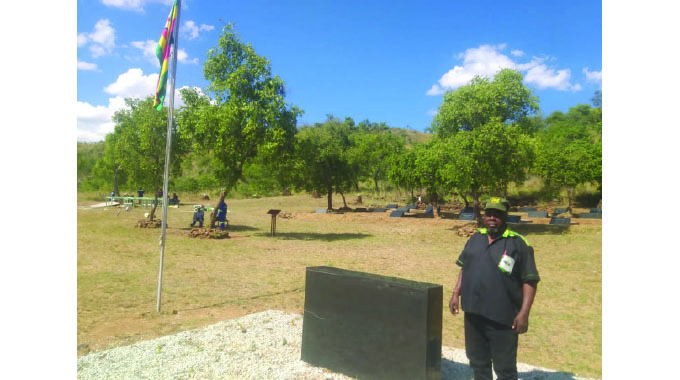Water tariff hike, a necessary evil?
The proposed increase for water tariffs by City of Harare from $0.80c per cubic metre to $7,00 leaves a lot to be desired, considering the current trends where many suburbs have gone for months on end without running water.
According to the city officials, their justification for the increase in water charges is that it will allow for adequate funding of the sector.
This obviously is in line with the recent increase to the cost of electricity and water chemicals.
Economically it makes sense, but the question is now on the availability of water to the residents who will be paying the new tariffs.
“Harare is proposing to increase water charges from $0.80c per cubic metre to around $7 to allow adequate funding of the water sector,” read a statement from the city council.
“The cost of water treatment chemicals has increased by a factor of more than 10 since all chemicals are either 100 percent imports or have major forex components. The cost of electricity, which is the second cost driver in water treatment and conveyance, has also gone up.
“It has, therefore, become necessary to review the cost of water.”
To begin with, charges should be realistic for service provision and this move maybe a step in the right direction for the municipality to end the water crisis facing residents.
In 2018, the city council carried out an assessment which shows that Harare needs about $850 million over the next five years to replace and upgrade ageing infrastructure, notably pipes.
Some of the money can be recovered through tariffs from ratepayers and if this can be achieved there will be a reduction in non-revenue water.
On its part, Harare is losing more than 50 percent of its treated water through leaks, illegal water connections and non-functional meters, while it uses $2,5 million per month to treat water.
The improvement in water supply following the rehabilitation of Morton Jaffray Waterworks has also piled pressure on the ageing pipes.
Additionally, the network is failing in most cases due to age, corrosion and pressure and there are cases where various service providers, such as telecommunications companies, also damage pipes in the course of their upgrades.
At least 9 000 pipe bursts are reported annually in the network.
With all these problems, residents continue to be at the receiving end of mismanagement at council.
So, it will be prudent for the municipality to increase tariffs and also outsource from Government and other development partners to improve the water network and thrive on supplying the city with clean water.
However, it is also not fair to hike tariffs for a service which is no-existent.
More than two million residents in Harare have no access to running water, as drought and breakdowns collapsed the city’s water reticulation system.
Also, just 50 percent of the 4,5 million people in Harare and its four satellite towns of Norton, Chitungwiza, Ruwa and Epworth, have access to municipal water supplies.
Many ratepayers will resist paying the proposed tariffs because there is nothing to pay for. Dry taps have prompted residents to resort to fetching water from unsafe sources such as shallow wells, streams and poorly constructed boreholes.
This has led to many diarrhoea cases in the high-density suburbs in the recent past.
Instead of reviewing the prices upwards, the city fathers should have consulted residents and convinced them to pay a nominal amount every month for their property tax and fixed services like sewerage, and only pay rates for actual services provided.
It is also not so wise for the council to increase water charges at a time they have failed to put their billing system in order and continue to charge residents based on estimates.
Moreover, the city should go the Zesa way — installing prepaid water meters, which will arguably help with debt collection while keeping the taps running.
Power utility Zesa Holdings has installed thousands of pre-paid electricity meters in households.
Under the system, a certain portion of money is deducted with every purchase of power for those in arrears.
Over the years, this has helped Zesa recover some of its debt without disconnecting anyone.
This programme does not exist in water, and even if it did, some doubt it would work. That is because comparing water and electricity is not objective.
Water is a basic right that must not be denied to citizens, especially considering that it has no substitute or alternatives like electricity which can be sufficiently substituted through use of gas, candles, solar, firewood, charcoal and generators.





Comments